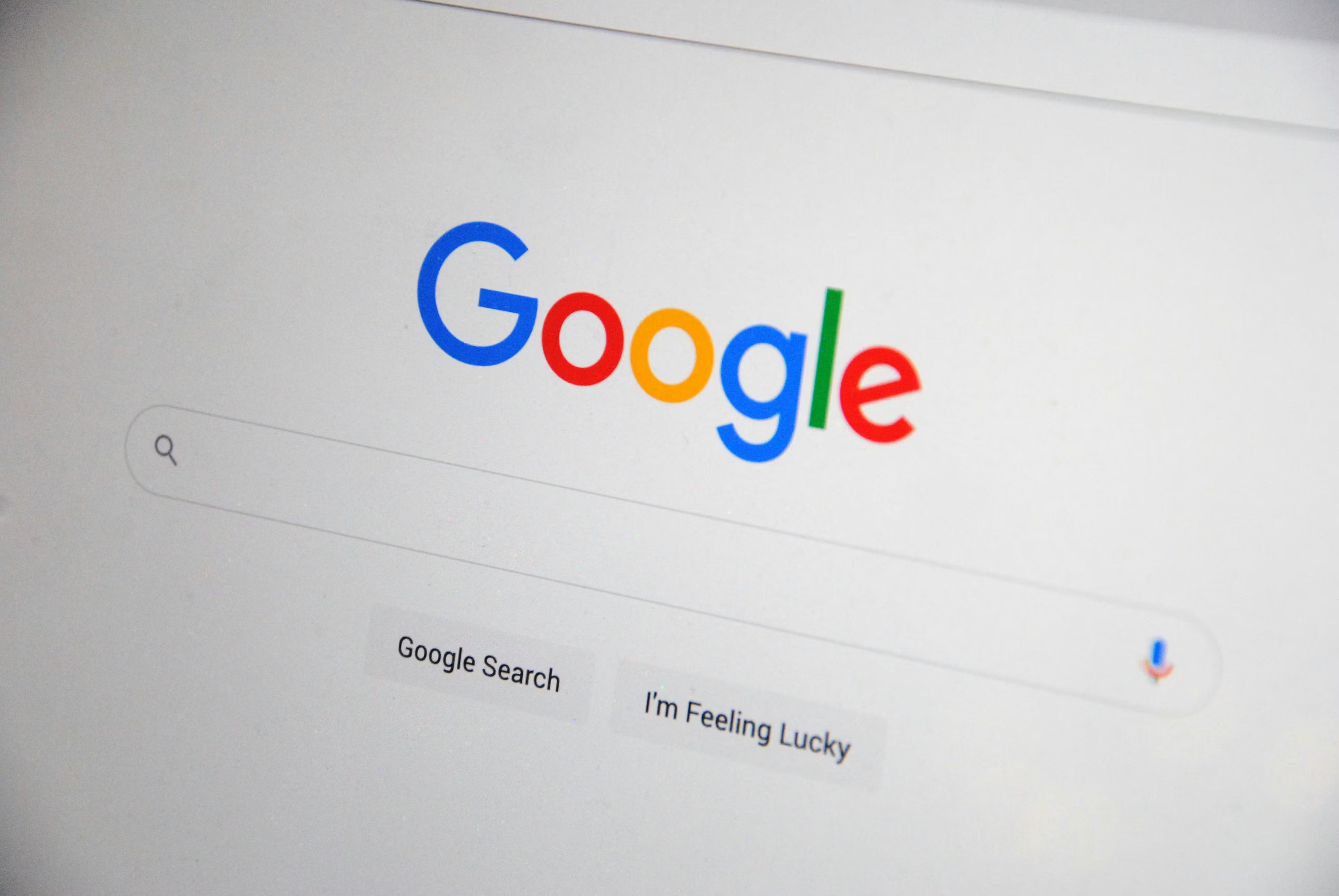After many years of counting on Google’s ten blue hyperlinks to seek out every thing from journey tricks to denims, customers are rapidly adapting to a very new format: AI chatbots that do the looking for them.
In response to new analysis from Adobe, AI search has turn into a major visitors channel for retailers. The corporate analyzed “greater than 1 trillion visits to U.S. retail websites” by its analytics platform, and performed a survey of “greater than 5,000 U.S. respondents” to higher perceive how individuals are utilizing AI.
The report says AI search referrals surged 1,300 p.c in the course of the 2024 vacation season in comparison with 2023, with Cyber Monday seeing a 1,950 p.c leap. Whereas these are dramatic will increase, it’s considerably anticipated, since AI search was nonetheless in its nascency final yr.
What’s extra attention-grabbing is the engagement metrics: Customers who’re referred from AI search in comparison with conventional referrals (like an ordinary Google or Bing search) have a tendency to remain on the positioning 8 p.c longer, flick through completely different pages 12 p.c extra, and are 23 p.c much less prone to simply go to the hyperlink and go away (or “bounce”). This might recommend that AI instruments are directing individuals to extra related pages than conventional search.
There’s additionally Perplexity, a fledgling startup now valued at a whopping $9 billion, which offers AI search by way of a chatbot (with promoting baked in) and has been mired in controversy. Final June, a Forbes editor alleged that the startup had wholesale plagiarized his staff’s reporting because of a brand new Perplexity function that generates an online web page on any matter. On the time, CEO Aravind Srinivas stated that the product “has tough edges” and it “will enhance” with suggestions over time. Not everybody took kindly to that protection: Forbes threatened to sue, whereas Information Corp is actively suing for copyright infringement.
Regardless of early points, OpenAI additionally launched its personal search function final yr inside its flagship product, ChatGPT. Maybe studying from the errors made by Google and Perplexity, OpenAI introduced the launch of its search function as a prototype, hoping to cut back the variety of bizarre edge instances that would doubtlessly go viral. It additionally got here with a slew of media partnerships (together with Vox Media, the guardian firm of The Verge) and a press launch that emphasised how publishers had management of how their work surfaced in ChatGPT.
For now, it looks as if AI search is right here to remain — and customers are molding it to their wants. The accompanying survey by Adobe of 5,000 customers discovered that 39 p.c of these respondents use AI seek for on-line purchasing, 55 p.c use it to do analysis (which I’ve additionally stated is my predominant use case), and 47 p.c use it to seek out suggestions on what to purchase. These sorts of statistics are likely to make advertisers salivate. However whereas Perplexity and Google bake in advertisements alongside AI search outcomes, OpenAI doesn’t. Per TechCrunch, OpenAI CEO Sam Altman has stated the corporate would put advertisements in ChatGPT as a “final resort” as a result of he thinks “ads-plus-AI is type of uniquely unsettling.” CFO Sarah Friar has stated the startup was contemplating implementing advertisements (which an organization spokesperson later walked again). Whereas OpenAI might actually use the advert income since its merchandise are cash-burning machines, that isn’t the longer term customers need — and the shortage of advertisements is perhaps what’s drawing them to AI search within the first place.
Regardless that it’s nonetheless early days, AI search has clearly caught customers’ consideration as they experiment with this new solution to discover issues on-line. Many critics really feel conventional search has been damaged for years, clogged with advertisements and search engine optimisation spam. AI search is rising because the potential repair — if it could possibly keep away from the identical corrupting forces.




























